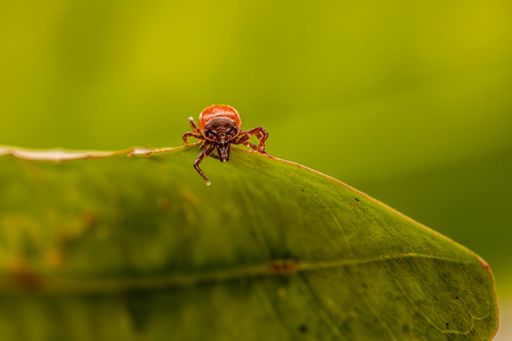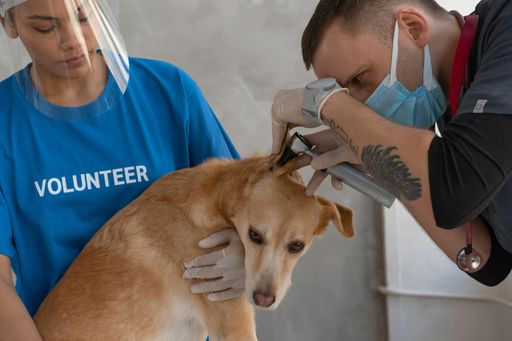We all want to make sure we give our furry friends all the care and attention they deserve. By now, you’ve probably mastered the walks and their eating habits, but how much attention do you pay to their mouth health? In dogs, it can be difficult to spot if there’s something wrong with their teeth until the issue has had a chance to develop into something more serious. However, leaving issues untreated can cause your dog significant pain and further health complications in the future.
In this post, we take a deep dive into the importance of caring for this crucial part of your dog’s overall health and discuss what responsible owners can do to protect their canine’s teeth and gums.
The consequences of neglecting dog dental health
Just like their human owners, dogs are susceptible to all sorts of diseases and other dental issues that can affect both their mouth—and more general—health. In particular, a buildup of plaque and tartar can occur, which has the potential to cause bad breath, gum inflammation, and, in extreme cases, tooth loss.
Another common issue in dogs is periodontal disease, which poses a range of risks to our canine friends. It’s one of the most prevalent dental issues and is typically caused by the growth of bacteria in the mouth due to poor hygiene/a lack of care. Some breeds are naturally more susceptible to periodontal disease, with small mixed-breed dogs being in the highest-risk category. However, all dogs can contract the disease, so it’s crucial for owners to pay close attention to their dental health. To help prevent it, make sure you incorporate dental checks into your dog’s care routine, commit to annual health checks with your vet, and feed them high-quality pet foods.
Maintaining your dog's dental health
There are lots of things you can do as a responsible owner to help maintain the health of your dog’s teeth and gums. Firstly, you should make cleaning their teeth a regular part of your care routine. Ideally, you’ll spend a short amount of time brushing them each day, but every two or three days will often be enough to keep them healthy. By introducing them to brushing from an early age, they’ll be more familiar with it as they grow, making your life easier. Make sure you use toothpaste designed for pets, since the products we use aren’t designed to be swallowed.
On top of this, there are plenty of dental-friendly dog foods and treats that can help to keep their mouth clean. These products can help reduce bad breath and fight against plaque buildup; in fact, some dog treats have been found to reduce plaque by up to 70%.
Recognizing dental health issues
Despite your best efforts to stay on top of your dog’s dental health, unfortunately, they can still be susceptible to diseases. That’s why it’s so important to be aware of the signs to look out for that something might be wrong and they need medical attention before the issue escalates.
For example, you may notice them pawing at their face more often, drooling more than normal, having bad breath, or a change in their appetite. All of these things are signs that your dog is experiencing dental pain, in which case you should seek the advice of your vet. Even if you don’t notice these signs, it’s still recommended to get a dental check-up and professional cleaning at least once a year.
Doggy dental care
Dogs’ dental health pervades so many other aspects of their general health, so it’s vital that you don’t neglect their teeth and gums when thinking about your care routine. While some issues are unavoidable, taking a proactive approach to looking after their teeth and gums will give them the best chance of fending off periodontal disease and other long-term issues that could cause significant pain and discomfort.



















